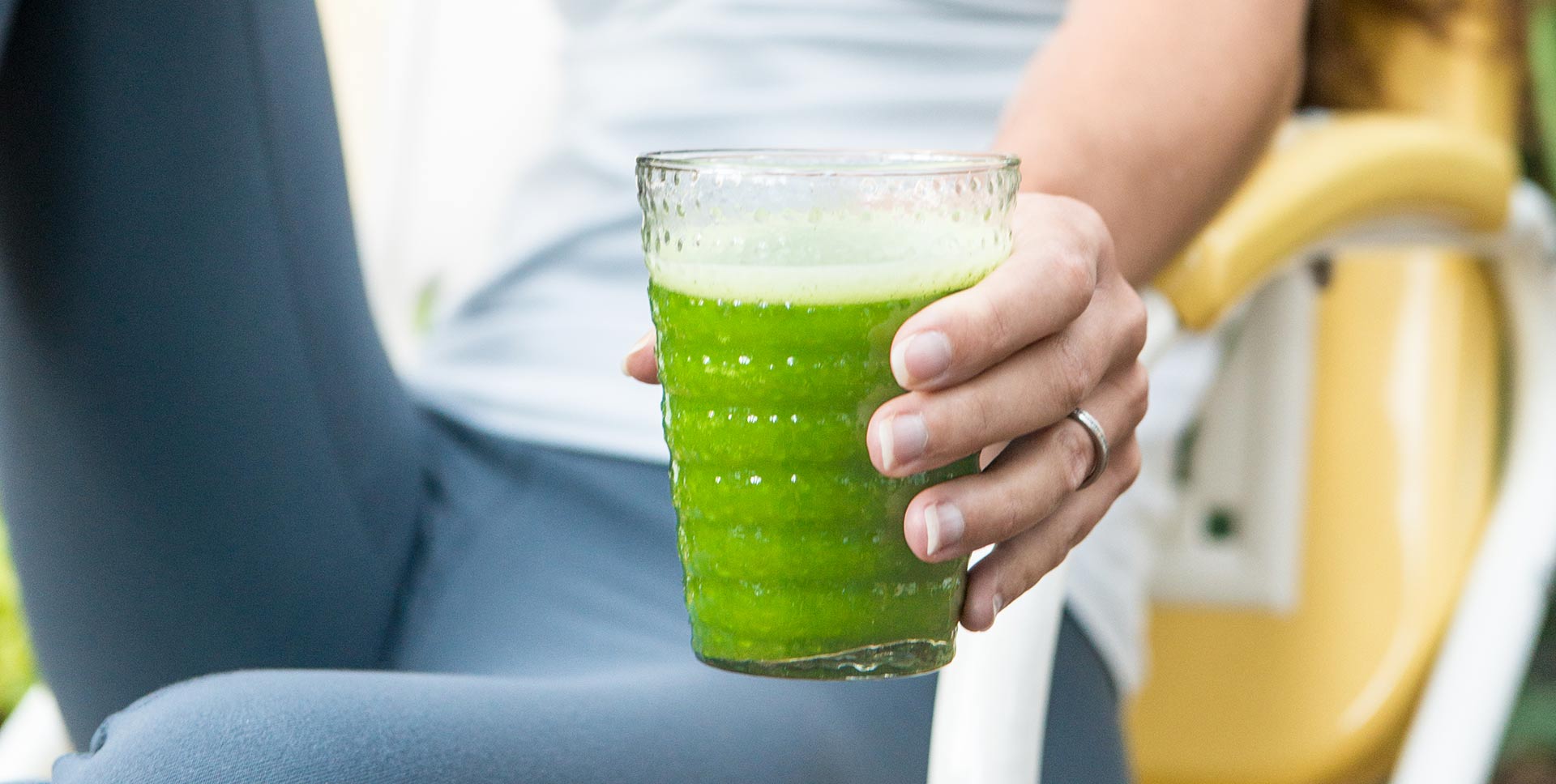Most of us agree that we feel awfully good after drinking a thick cup of matcha. Part of the reason behind feeling good is surely a placebo effect: you have this creamy, electric-green drink made of 100 percent baby green tea leaves and nothing else. It looks delicious and tastes even better. We just know on some primitive level that something that green has got to be good. So I do believe we are almost predisposed to feeling good after drinking it, even if science was on the fence about its health properties.
But science isn’t on the fence; there is enough evidence in at this point to definitively conclude that matcha bestows all kinds of health benefits. We’ve talked about these at length before, but we haven’t talked much about a specific amino acid — a glutamate — called L-theanine.
In neuroscience, glutamates are hugely important neurotransmitters (chemicals that transmit signals from neurons to other neurons). Though the science is far from complete, it’s generally agreed that glutamates play key roles in learning and memory.
Back to matcha: when grown properly in shade, the tencha leaves that will be ground into matcha are naturally full of this specific glutamate called L-theanine. Matcha contains up to five times as much L-theanine as regular green tea (20 mg versus 4 mg), due largely to these shading techniques Japanese farmers discovered and developed centuries ago. Full-blown sunlight diminishes L-theanine, shading enhances it.
So what is L-theanine, and why do we care?
Again, L-theanine is a bunch of glutamate molecules bonded together. When we sip a cup of quality matcha, these glutmates rapidly enter our bloodstream in large quantities. They cross the blood-brain barrier very quickly, sometimes in seconds. What happens next is that these molecules stimulate the brains’s alpha waves, as measured by a test called an EEG (electroencephalography) test, which measures electrical activity in our brains (it’s amazing how much electricity our brains produce).
Presence of alpha waves indicates a state of alertness. They’re not found when we’re drowsy and nodding off. They’re only present when we feel alert and conscious. L-theanine triggers these waves. It’s why we feel focused and alert when we drink matcha. In contrast, we might feel alert when we drink coffee or take caffeine pills, but that alertness is often accompanied by unpleasant side effects, including jitteriness and even panic and paranoia, and is often followed by a “crash.” Jitteriness or crashes simply don’t happen with matcha.
In a 2008 study published in the journal Brain Topography, participants performed cognitively demanding visual-spatial tasks after being given L-theanine or a placebo. Those who had taken the L-theanine performed measureably better.
There seems little doubt that matcha makes you more alert, more productive, better able to take on cognitive-heavy tasks like writing, coding, analysis . . . anything that requires sustained use of brainpower. All thanks to L-theanine. And when you add small amounts of caffeine to the mix (roughly 25 mg of caffeine per serving of matcha, compared to about 100mg for a cup of brewed coffee), it gets even more interesting: one study, published in the journal Biological Psychology, showed faster simple reaction time, faster numeric working memory reaction time, and improved sentence verification accuracy with groups taking 100mg of L-theanine and 50mg caffeine combined.
We haven’t even scratched the surface of the data on the cognitive benefits of L-theanine and caffeine. More in future posts. But suffice it to say that it really does work: a cup of matcha just before work, before starting a project, before a speech, before just about any activity that requires focused brainpower, often results in significantly enhanced performance. With absolutely no downside.
